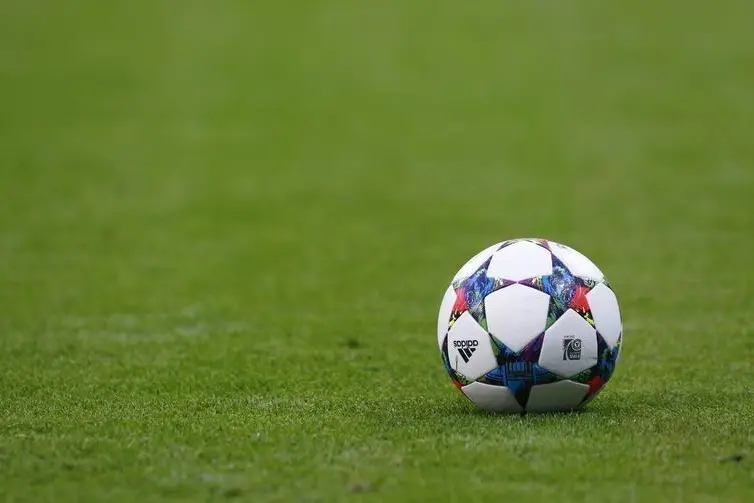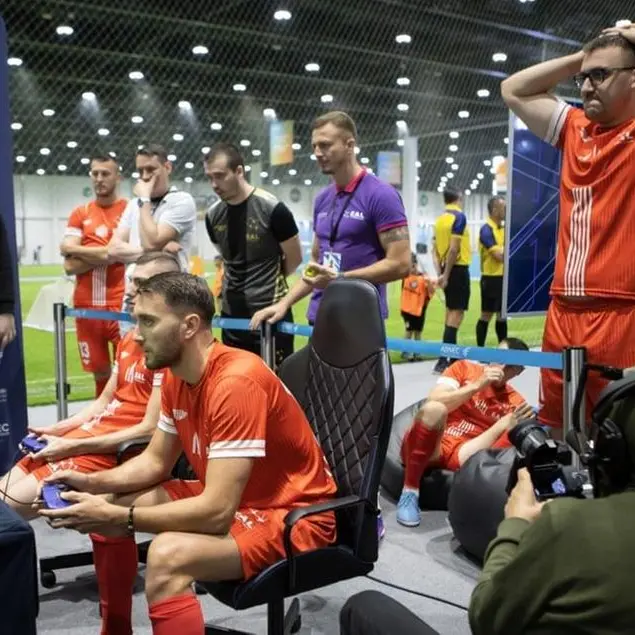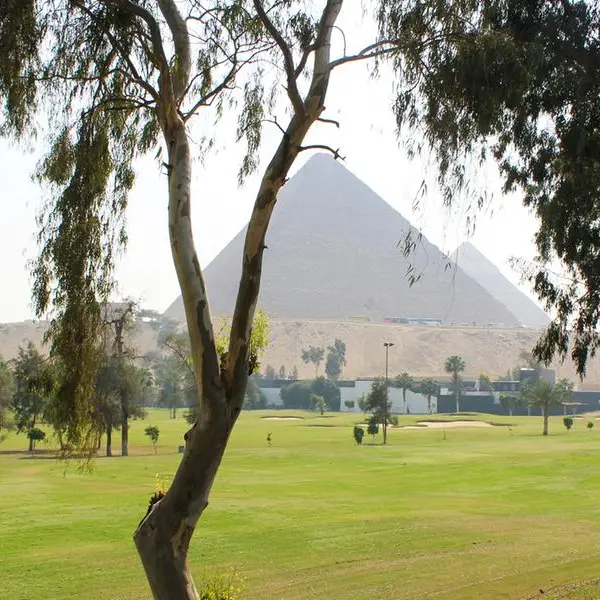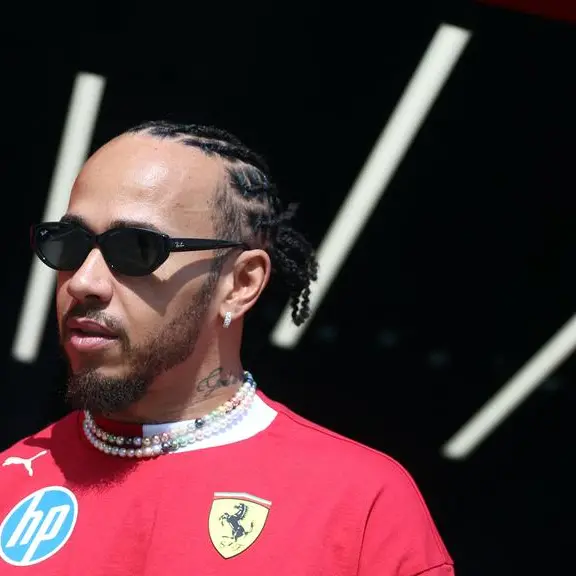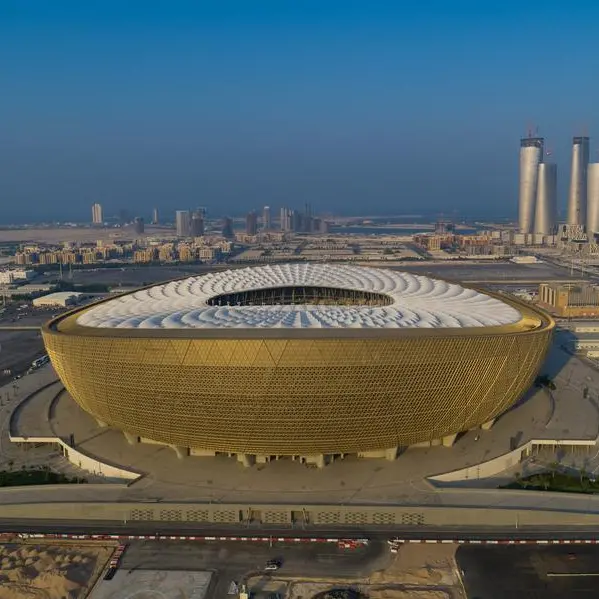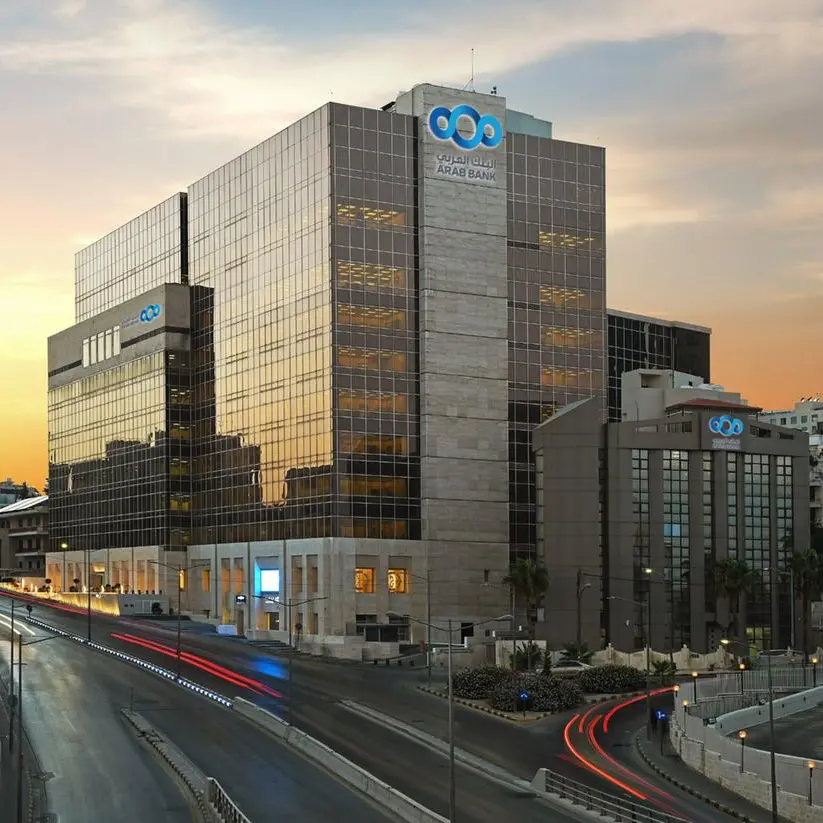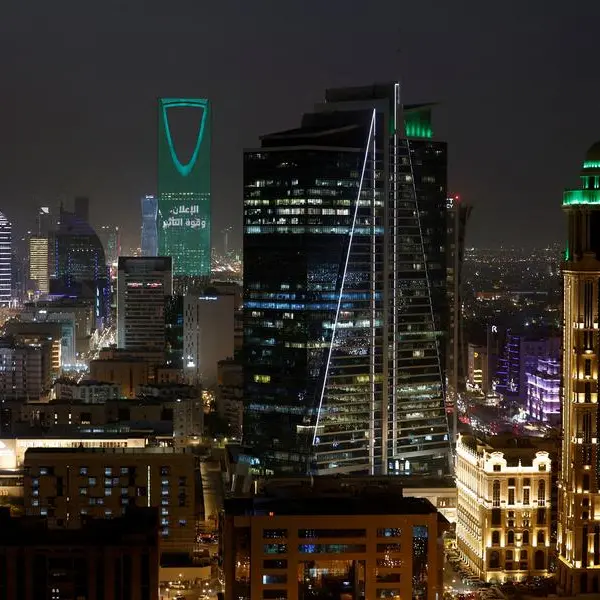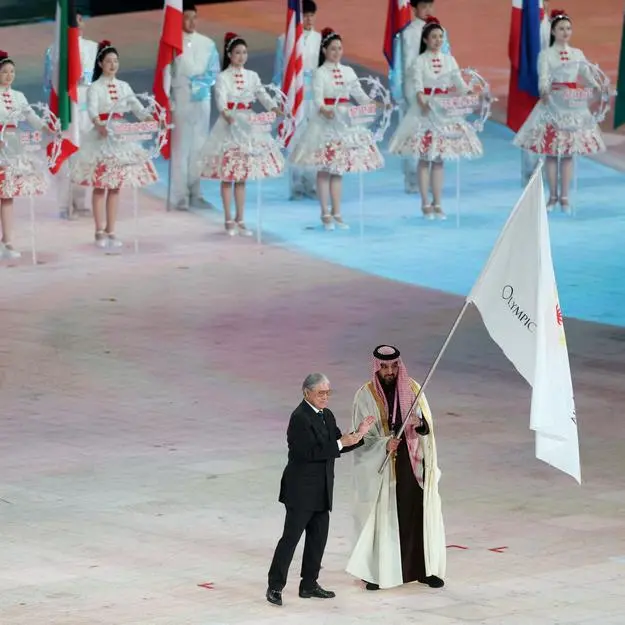PHOTO
CAPE TOWN - Moroccan club Renaissance Berkane have been awarded a 3-0 win over hosts USM Alger (USMA) in the first leg of their African Confederation Cup semi-final despite refusing to play when their kit was confiscated by Algerian customs.
The Confederation of African Football (CAF) said on Thursday that Sunday's second leg in Morocco would go ahead as scheduled.
CAF added that USMA, who are the defending champions, would face further sanctions.
Berkane went to the stadium in Algiers last Sunday for the first leg but did not leave the changing rooms at kick off time after their kit had been confiscated by Algerian customs on their arrival two days earlier.
Their shirts display a small map of Morocco on the chest area, including the disputed territory of Western Sahara which is at the centre of frosty relations between the north African neighbours.
The Moroccan club have worn the motif throughout the Confederation Cup campaign this season but Algerian commentators termed it provocative and said it flew in the face of rules prohibiting displays of a political nature on football kit.
The incident, which saw the Moroccan side held up at the airport in Algiers for several hours, was not the first time their diplomatic spat has spilled over into the sporting arena.
Last year, Morocco refused to play in the African Nations Championship tournament in Algeria when the hosts refused to allow them to fly directly by charter plane.
The border between Algeria and Morocco has been closed and Moroccan aircraft have been banned from entering Algerian airspace since August 2021 after Algiers broke off relations with Rabat for what it called "hostile actions" against Algeria.
Tensions over Western Sahara have tarnished relations since Morocco annexed the territory after Spain left in 1975. Western Sahara is sparsely populated with phosphate reserves and rich fishing grounds.
Morocco staked a claim to the territory while it was under Spanish colonial rule. At the same time, Sahrawi people living there formed the Polisario Front to push for independence.
Backed by Algeria, the Polisario waged a guerrilla war until the United Nations brokered a ceasefire in 1991, with Morocco controlling about four-fifths of the territory.
(Reporting by Mark Gleeson; Editing by Ken Ferris)
